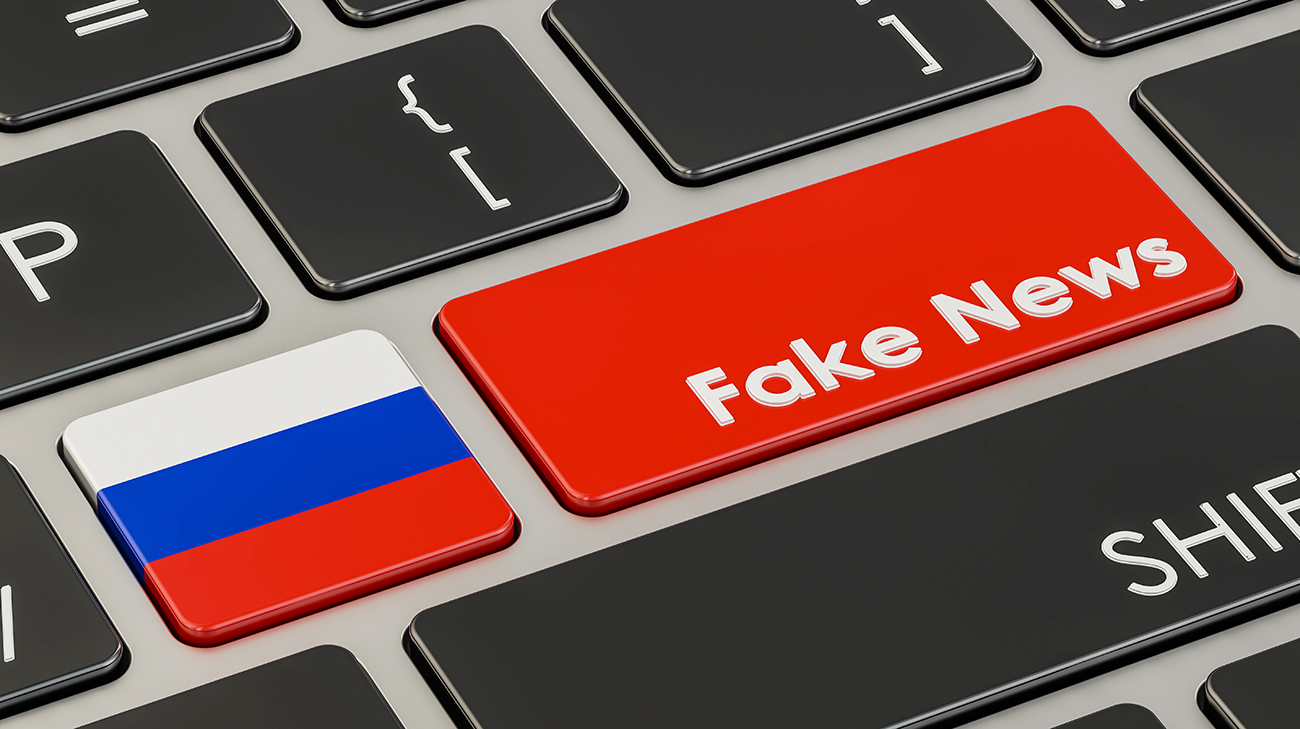“Websites of prohibited Russian media can still be easily accessible to the EU in the “vast majority” of cases, according to a report published by the Institute of Strategic Dialogue (ISD), an analytical center based in London.”, – WRITE: www.pravda.com.ua
Source: “European Truth” with reference to Euractiv
Details: It is reported that after Russia’s invasion of Ukraine in February 2022, the EU authorities banned the Kremlin -controlled media to broadcast broadcasting on the territory of the block, including on the Internet, to counteract “misinformation”.
Advertising:
But more than three years have passed, and “sub-media are still active and accessible” in Member States, according to the report.
“The Russian state media continue to maintain a strong presence on the Internet, creating a constant challenge to Western democracies,” the report reads, and blocking on the part of the Internet providers “mostly ineffective.”
EU sanctions have been banned from RT, previously known as Russia Today, and Sputnik, as well as other media controlled by the state, accused of “Information War”.
The ISD report covered Germany, France, Italy, Poland, the Czech Republic and Slovakia, protesting the three largest online providers in each of these countries.
26 media were found under sanctions and attempted to review 58 related domains. In 76% of tests, providers were unable to block access.
EU Member States are responsible for ensuring that block online providers.
However, the ISD report criticizes the European Commission for “inability” to maintain “the final list of different domain iterations”-or the addresses of websites-related to each media.
The report states that this was left by countries and Internet providers “without the guidance necessary for effective and purposeful implementation.”
“The problem is that when they impose sanctions on the Russian media, they mention the media that are subject to sanctions – that is, Russia Today, Sputnik, etc. – but they do not indicate which domain is subject to these sanctions,” said Pablo Maristani de Lasus.
“If the European Commission had listed various domains, which are known to be related to these organizations, it would greatly facilitate EU member states and Internet providers in these member countries,” he added, “he added.
The report contains a call to the EC publish “Constantly updated and publicly available” and include it in the sanctions packages and on its online sanctions panel.
According to the author of the report, law enforcement should be more flexible because Russia is trying to bypass sanctions. “Some media, such as RT, use so-called mirror domains”, where they “just copy the content of a blocked site to a new URL-a new link-to bypass these sanctions,” he said.
The report states that Slovakia, whose Prime Minister Robert Fitzo is known for his pro-Russian position, showed the worst results in the execution of sanctions without blocking any site.
Poland took second place, while France and Germany were the most effective. Most of the sanctions domains were of little popularity in the block, with less than 1,000 views on a monthly basis, but Germany with its large Russian diaspora was an exception: three domains, including RT, had more than 100,000 visitors from there.
What was before:
- On August 4, in Latvia, the National Electronic Media Council (NPLP) decided to close access to ten more Internet pages that spread Russian propaganda.
- At the end of July, NPLP blocked access to a number of Russian sites, in particular to resources for the recruitment of soldiers to participate in the Russian Federation against Ukraine.
